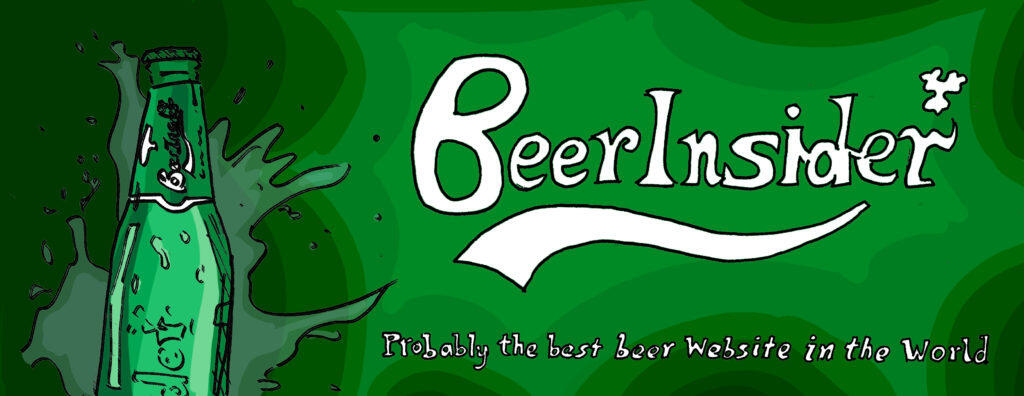Breal Group swooping or observing
It was always going to be a tough ask for investment firm Breal Group to be accepted by the brewing industry after it had purchased a batch of distressed brewers because much of the industry (and its eco-system) has an uneasy relationship with finance and money.
When Breal acquired in relatively quick succession Black Sheep, Brick, Brew By Numbers and Purity there were the inevitable accusations that it was purely in it for the money rather than the love of beer. It’s an investment company so it is a good guess that it does undoubtedly have some financial imperatives.
Mark Williams, CEO of Keystone Brewing – that is part of Breal Group, is not going to shy away from this fact as he reveals clearly in numbers and money terms that the company has a plan to build a business with £100 million of sales by the end of 2028, which involves it adding £70 million of additional revenue from further acquisitions. And then it intends to sell the business.
“We’ll have a portfolio of desirable aspirational brands that creates value for a later buyer. It will be a regionally national operation,” he says, adding that Keystone is on the lookout for breweries that are ideally solvent to fill in the gaps on the map between its existing breweries.
“These will be brands that people recognise such as Purity and Black Sheep. Craft beer tends to be niche and for us volume is what we are after,” he explains, which suggests the targets are more likely to be regional brewers – rather than ‘craft’ brewers – with at least £10 million of sales as Williams reveals he is talking to two breweries that would add £20 million in revenues. He foresees three or four acquisitions in total that will include pubs in the deals as he would ideally look to have 25-30% of sales generated through the company’s own outlets.
This focus on the numbers can rub people up the wrong way. Williams says the company is invariably portrayed in the media as “circling or swooping” rather than his preferred term of “observing”. The perception is of a bird of prey or a vulture.
Maybe this is no surprise though because Breal/Keystone is dealing with brewers that are on their uppers. It is much more likely to be portrayed as picking over the assets rather than saving the remains of a business whose alternative is likely closure.
He cites the Black Sheep purchase via a pre-pack administration as inevitably leaving it with some metaphorical blood on its hands: “The sins of the father stay and even now some suppliers won’t supply us. There is always lots of emotion.”
Although Breal has historically bought into industrial businesses Williams says there is recognition that brewing is different, with enthusiastic people who love what they do and that the company is very much buying into this.
But with this comes the challenges. At Black Sheep there were 1,200-1,300 shareholders who had recently bought into the business that included locals, beer lovers and employees. “They were left with nothing after the administration…it got very noisy.”
Having many small shareholders, including those brought on-board through crowd-funding is certainly regarded as a deterrent to Breal in its future acquisitions. It is therefore unlikely it would take on a business that is stacked out with crowd-funding shareholders: “It’s the hassle, the noise. It would have to be something we felt we really needed.”
He is also keen to retain the management teams in any businesses acquired. Although it is often the case that senior people leave following a purchase in any sector and brewing is no different. These individuals have had an incredibly tough time, according to Williams, with Covid-19 loans, the Ukraine war and the cost-of-living crisis had dealt them a tough hand.
This has resulted in lots of distressed brewers. “It’s remarkable how many have survived…but lots are struggling. More than people are aware of,” he suggests. Which presents an opportunity for Breal Group, whether the brewing industry likes it or not.
Glynn Davis, editor, Beer Insider



